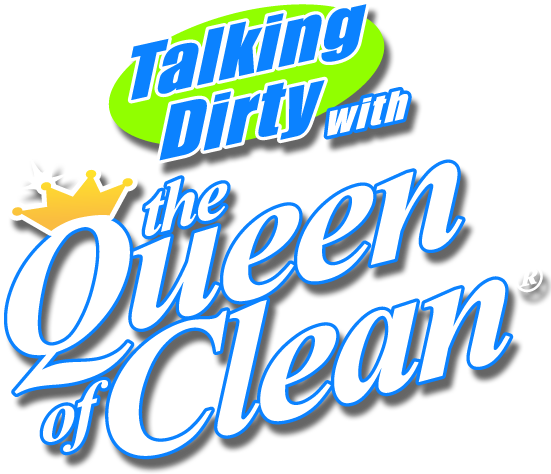CLEANING TIP SEARCH
Find your cleaning solution below
Search the Queen's cleaning tip solution library by typing in a keyword phrase below:
Cleaning a Single SERVING COFFEE MAKER
About this Tip:
How to clean a single serving coffee maker to remove leftover grounds, coffee oils and keep mold from forming.
How to clean a single serving coffee maker to remove leftover grounds, coffee oils and keep mold from forming
How to:
- Remove any K-Cups or pods from the holder.
- If your machine doesn't run without a pod in the holder, insert a used one. By the time the liquid comes out, the vinegar water will have done its job. It won't matter if leftover coffee or tea drains along with it.
- Fill the coffee maker tank with a 50-50 mix of white vinegar and water. Immediately begin brewing and dumpng out cups until you have emptied the entire water tank.
- Once you have brewed all of the vinegar/water, rinse the tank and fill with fresh, cold water. Run this water through the machine, dumping each cup until the tank is empty.
- On the final cup. you can test whether all the vinegar mixture mixture is rinsed out of the machine by adding a pinch of baking soda to the last brewed cup of water. If it fizzes, you should run another tank of fresh, cool water through. If there is no fizz, all the viengar is removed.
- Clean all the washable parts of the offee maker with hot soap and water including the water tank.
- Use an old toothbrush to dislodge any white residue (scale) that you find on the water tank or other places.
- Rinse with clean water, dry with a soft cloth, and reassemble the coffee maker.
Linda Says:
Doing this monthly will keep mold from forming in the coffee maker. Remove the used pods as quickly as you can after brewing. They are warm and moist and a great place for mold to grow.
Why It Works:
White vinegar is a natural acid. It removes mineral deposits, coffee residue and mold from the coffee maker.


